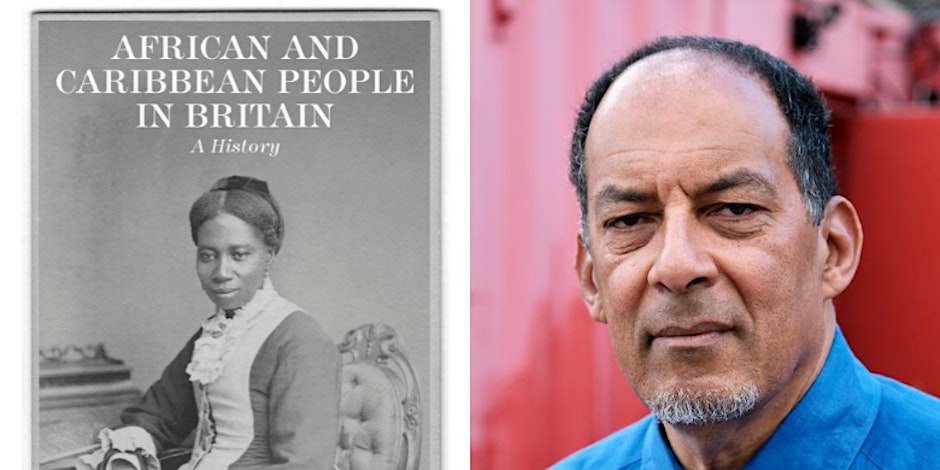 We are delighted to welcome Professor Julia Irwin (University of South Florida), who will be at the University of Exeter on a Visiting International Academic Fellowship on July 4. During her visit, she has kindly offered to give a lecture entitled ‘Confronting Catastrophe: International Disaster Assistance and Twentieth Century U.S. Foreign Relations.’ Her talk is in association with Exeter’s Centre for Imperial and Global History, the Centre for the Study of War, State and Society, and the Centre for Medical History.
We are delighted to welcome Professor Julia Irwin (University of South Florida), who will be at the University of Exeter on a Visiting International Academic Fellowship on July 4. During her visit, she has kindly offered to give a lecture entitled ‘Confronting Catastrophe: International Disaster Assistance and Twentieth Century U.S. Foreign Relations.’ Her talk is in association with Exeter’s Centre for Imperial and Global History, the Centre for the Study of War, State and Society, and the Centre for Medical History.
When: Thursday, 4 July, 3-4:30pm
Where: Laver LT3 (University of Exeter, Streatham Campus)
Abstract: Prof. Irwin’s talk examines the history and politics of U.S. foreign disaster assistance in the 20th century. More specifically, she considers the ways that the U.S. government, military, and private organizations have historically responded to major natural disasters abroad, and critically analyses the political implications and diplomatic significance of these humanitarian efforts.
Bio: Prof. Irwin is Associate Chair in the History Department at the University of South Florida. Her research focuses on the place of humanitarianism and foreign assistance in 20th century U.S. foreign relations and international history. Her first book, Making the World Safe: The American Red Cross and a Nation’s Humanitarian Awakening (Oxford University Press, 2013), is a history of U.S. relief efforts for foreign civilians in the era of the First World War, exploring both the diplomatic and the cultural significance of humanitarian aid in these years. Her work has appeared in The Journal of American History, The American Historian, Diplomatic History, First World War Studies, The Bulletin of the History of Medicine, The Journal of the Gilded Age and Progressive Era, Moving the Social, History of Education Quarterly, and Nursing History Review. She was also the senior editor of the Oxford Research Encyclopedia in American History (2014-16). She is now writing a second book, Catastrophic Diplomacy: A History of U.S. Responses to Global Natural Disasters, which analyzes how U.S. State Department agencies, branches of the U.S. military, American charities and relief organizations, and the American public have responded to foreign disasters caused by tropical storms, earthquakes, floods, and other natural hazards throughout the twentieth century.





You must be logged in to post a comment.